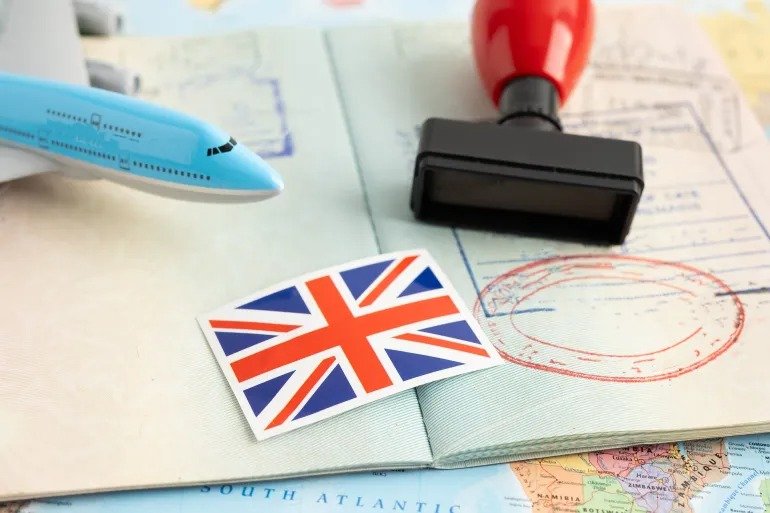The UK government has announced the end of visa-free travel for citizens of Botswana, effective from October 14, 2025, citing security concerns linked to a rise in asylum applications.
According to the Home Office, 1,332 Botswana nationals applied for asylum between January 2022 and June 2025, including 642 cases registered directly at ports of entry.
Home Secretary Shabana Mahmood described the decision as “necessary to protect the integrity of the UK’s immigration system,” noting that the first six months of 2025 alone saw 147 asylum applications from Botswana nationals — a figure she said highlighted the need for tighter controls.
A six-week transitional period, ending November 25, 2025, will allow travelers who purchased tickets before the announcement and hold valid Electronic Travel Authorisations (ETAs) to enter the UK without a visa.
After this grace period, all Botswana citizens will be required to apply for a visa through the standard process, which typically takes around three weeks.
Linked to the “Citizenship by Investment” Program
The UK’s move comes just weeks after Botswana launched a “Citizenship by Investment” program, allowing foreign investors to obtain citizenship in exchange for contributions ranging between $75,000 and $90,000.
However, Arton Capital, the company behind the program, denied any link between the initiative and the UK’s decision, emphasizing that the latter “reflects the UK’s sovereign right to review its immigration policies.”
The firm added that the Arton Passport Index recorded a 1.3% decline in global mobility this year, describing the UK’s step as part of a broader global trend toward stricter travel policies.
Reactions and Implications
Botswana’s President Duma Gideon Boko has not yet issued an official statement regarding the decision, while UK Immigration and Citizenship Minister Mike Tapp stressed that bilateral relations between the two countries “remain strong” despite the visa requirement.
Arton Capital reaffirmed that Botswana’s new investment program would be managed “under the highest standards of transparency and due diligence,” expressing hope that it would “create domestic opportunities that reduce migration pressures.”
Observers note that the UK’s move reflects a mix of domestic political pressure on migration and a global shift toward recalibrating mobility regimes.
For Botswana, the challenge will be to balance its economic ambitions through the investment citizenship program with maintaining its image as a stable nation not associated with outward migration, at a time when global restrictions on movement are tightening.

